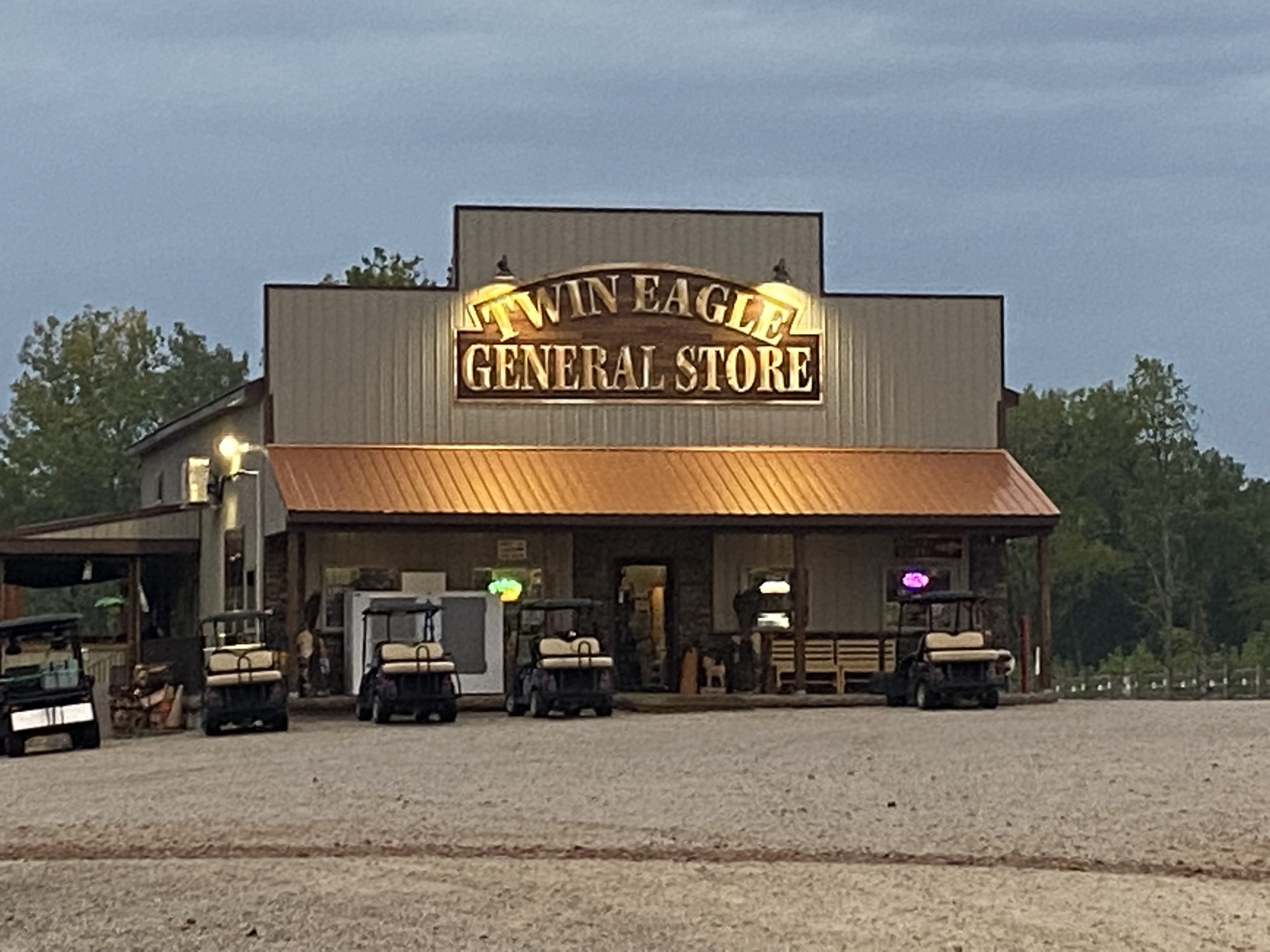I know a lot of questions I get are about the different types of power in an RV. As RVs use both AC, alternating current, and DC, direct current, to power the components of your electrical system. The 12-volt DC system runs the electrical components of the engine and battery of your ride while the 120-volt AC system runs all the typical appliances and power outlets found on most RVs. But, does my RV battery charge while plugged in? Yes
Does my RV battery charge when plugged into shore power?
The short answer is, whenever the RV is plugged in the coach battery is being charged. It’s really just a trickle charge, but over time it can deplete the electrolyte levels in the battery cells. RV batteries need to be maintained properly and I would suggest disconnecting them completely while in storage. Mind you, they’ll still discharge spontaneously over the course of several weeks, but with the switch off it’ll take longer. Using your disconnect switch in this way ensures a longer life for your batteries.

If you are searching this topic on Google, there is a good chance you are having some kind of issue with your battery. Hopefully, we can address some of your questions and find out the answers to the issues you are having. So, let’s dig into RV batteries, how they charge, the best one to use in an RV, and what they can power.
What kind of batteries do RVs use?
Deep Cycle batteries
Batteries used in RVs are lead-acid batteries, which means they have several cells connected in series. Each cell produces approximately 2.1 volts, and a 12-volt battery with six cells in series produces an output voltage of 12.6 volts.
Can I use any battery for my RV?
The simple answer to your question is No, you should always use a deep cycle battery as a house battery in your RV. Deep Cycle batteries are designed to be charged over and over. Car batteries are not designed to be deeply discharged and recharged that often.

Can I have more than one house battery?
You can join as many batteries as you want to each other, though you may need an RV battery box to keep your separate cells safe and secure. Two sets of batteries connected in parallel can be joined together to form a series power bank.
Do the batteries need to be the same type?
Connected batteries should have the same voltage and amp rating. A parallel RV battery bank increases the current but allows the voltage to stay the same. In other words, batteries can then be connected to your application and will drain equally when in use. A series-parallel bank is also possible.
What is the best battery for an RV House battery?
Optima Blue Top Batteries are the best RV lead acid battery to use. You can plan on them to last around 400 cycles of charges. These batteries come with a great (for lead-acid) warranty of 24 months. They are well worth the little extra they cost.

Optima OPT8016-103 Batteries D34M BlueTop Starting and Deep Cycle Marine Battery
How long does it take to charge my house battery?
Let’s take a 12-volt 100 amp battery that has been brought down to 50% capacity. It will need to be charged by 50% or 50 amps to restore the charge. If your charger can charge at a speed of 5 amps per hour, you’ll be fully charged within 10 hours. Also, you could upgrade to a 4-stage smart charger to charge faster — usually around 2 hours for a full recharge.
How long does it take an alternator to charge an RV battery?
Most modern converters float charge or will put out 10 amps drop to lower charge rates as the battery voltage comes up. So, the best thing to do is plug your unit into 110 volts. If you have 200 amp/hour batteries at 10 amps it will take 100 hours to fully recharge your batteries.
What can I run off the house battery?
Your house batteries can directly power minor devices like the lights, water pump, propane fridge, and your RV’s warning systems. so, If your circuit has an inverter, you can ramp up the battery power to run basically any device.
Can you run AC off the battery in RV?
Yes, it is very possible to run one or even two 15,000 BTU AC units off of solar and batteries in your RV. You will need a good 3,000-watt inverter and a big battery bank will increase your run time. Furthermore, this may be restricted by your budget or by the space you have available inside your RV.
3000W Power Inverter 3000 watt Modified Sine Wave Inverter with 3 AC Outlets Converter DC 12V into AC 110V
EQUIPMENT AMPERAGE DRAWS RV
Converter (charging) 1-8 Amps
Lights (per bulb) 0.5 -1.5 Amps
Water Heater (6-gallon, heating) 8-13 Amps
Air Conditioner (Start-up) 16-18 Amps
Air Conditioner (Running) 13-16 Amps
Roof Fan 3-5 Amps
Oscillating Fan 0.5-1 Amp
Furnace Fan 7-9 Amps
Space Heater (1600 watts) 7-13 Amps
Space Heater (800 watts) 4-10 Amps
Refrigerator 5-8 Amps
Portable Ice Maker 19.2 Amps
Blender 5-6 Amps
Microwave Oven (Standard) 7-13 Amps
Microwave Oven (Convection) 7-15 Amps
Toaster 8-10 Amps
Coffee Maker 5-8 Amps
Electric Kettle 6-12 Amps
Frying Pan (Cooking – High) 7-12 Amps
Crock-Pot (Cooking – High) 3-5 Amps
Crock-Pot (Warming) 1-2 Amps
Food Processor 5-8 Amps
Hair Dryer (High) 7-13 Amps
Curling Iron 0.5-0.7 Amps
Iron (High) 8-10 Amps
Washer/Dryer 140-16 Amps
Vacuum (Hand-Held) 2-6 Amps
DVD, Disc Player, Radio 0.5-2 Amps
Television HD, Digital 1.5-4 Amps
Satellite Receiver/Game Console 0.5-0.8 Amps
Computer (Laptop) 2-3 Amps
Chargers (small electronics) 0.5 to 1.5 Amps
Drill 2-6 Amps
Golf Cart Charger 13-21 Amps

Close your eyes for a moment and just think about this. It’s sunrise, you roll out of your RV, morning air feeling brisk, fire from the night before taking its last breath as it’s trying to reignite. You find your favorite chair on the site, turn it to look out over the lake, and nestle in to relax. Birds chirping and fish jumping as the new day begins. This is what it’s all about!………. Now imagine a hot cup of coffee in your hand. Life just got so much better!
For all our Coffee lovers please check us out at The GRIND coffee shop for all your caffeine needs



